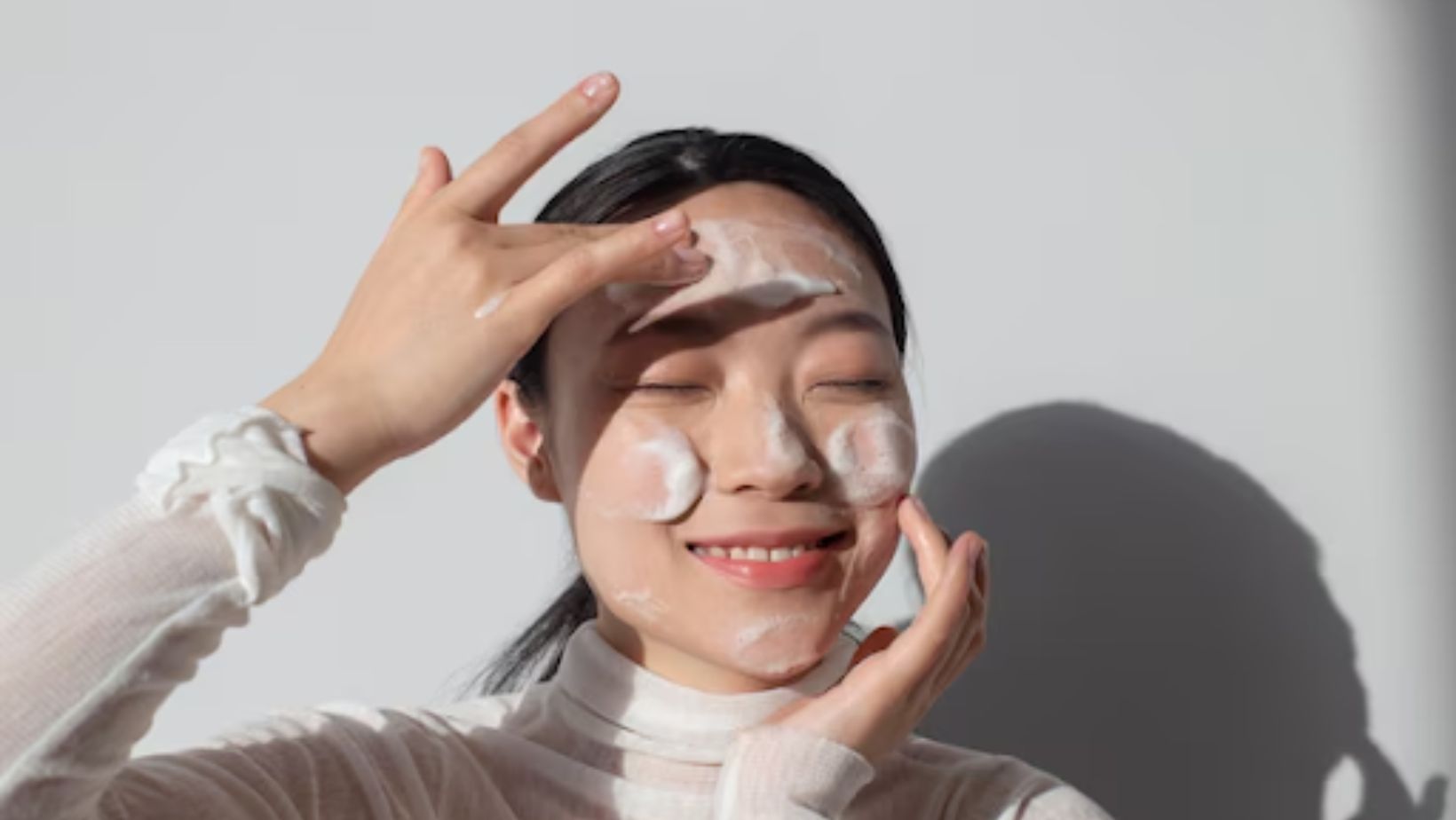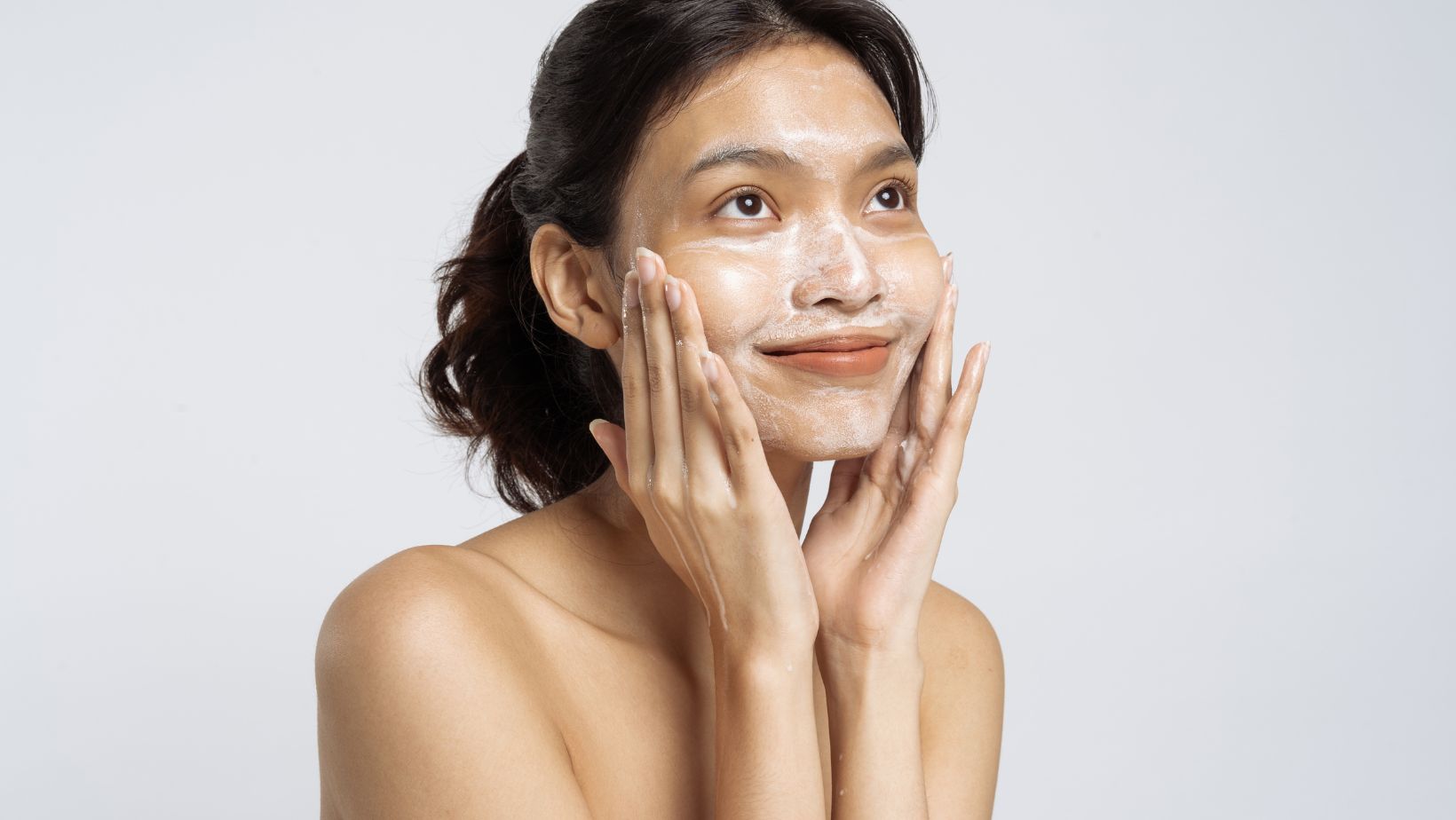A proper skincare routine begins with a good face cleanser. The cleanser is the foundation of any routine, as it removes dirt, oil, makeup, and impurities from the skin, allowing the other skincare products to work more effectively. However, with so many options available in the market, selecting the right face cleanser can be challenging, especially since different skin types have distinct needs.
Whether you have dry, oily, sensitive, or combination skin, choosing the right cleanser is essential for maintaining a healthy complexion. In this guide, we will explore the various types of face cleanser available and provide insights on how to choose the best one for your skin type.
Understanding Your Skin Type
Before choosing a face cleanser, it’s important to understand your skin type, as this will help guide you towards the right product. Skin types can generally be divided into five categories:
- Normal Skin: This type is well-balanced, not too oily or dry, with minimal blemishes or sensitivity.
- Dry Skin: Characterised by a lack of moisture, dry skin often feels tight, flaky, or rough.
- Oily Skin: Oily skin is prone to excess sebum production, which can lead to a shiny appearance and clogged pores, often resulting in acne or blackheads.
- Combination Skin: Combination skin has characteristics of more than one skin type, typically with an oily T-zone (forehead, nose, and chin) and drier cheeks.
- Sensitive Skin: Sensitive skin is prone to redness, irritation, and reactions to various ingredients.

Types of Face Cleansers
There are several types of face cleansers available, each designed for different skin types and concerns. Below are some of the most common types of face cleansers and the skin types they are best suited for:
Gel Cleansers
Gel cleansers are typically light, foaming cleansers that effectively remove dirt and oil without stripping the skin of its natural moisture. They are an excellent choice for oily and acne-prone skin, as they help remove excess oil and prevent clogged pores. Gel cleansers are also suitable for combination skin, as they provide a deep cleanse without leaving a greasy residue. However, those with dry or sensitive skin may find gel cleansers too harsh and drying.
Cream Cleansers
Cream cleansers are rich and hydrating, designed to nourish and moisturise the skin while cleansing. These cleansers are ideal for dry and sensitive skin types, as they are gentle and help prevent the skin from feeling tight or irritated after cleansing. Cream cleansers are usually non-foaming and can be massaged directly onto the skin before being wiped off with a damp cloth or rinsed with water. They help maintain the skin’s natural moisture balance and leave the skin feeling soft and hydrated.
Foaming Cleansers
Foaming cleansers provide a deeper cleanse and are usually formulated to remove excess oil and impurities. The foaming action can help break down makeup, dirt, and oil, making them a great choice for oily and combination skin types. However, individuals with dry or sensitive skin should use foaming cleansers sparingly, as they can sometimes strip the skin of essential moisture, leading to dryness or irritation.
Oil Cleansers
Oil cleansers are a popular choice for removing makeup and impurities, as oil effectively dissolves other oils and products. They are particularly useful for individuals with dry skin or those who wear heavy makeup. Oil cleansers help hydrate and nourish the skin while cleansing it thoroughly. Despite being an oil-based formula, many oil cleansers are designed to emulsify with water, turning into a milky texture that rinses clean without leaving a greasy residue. Those with oily skin may find oil cleansers beneficial for removing excess sebum without causing breakouts, as long as the product is non-comedogenic.
Micellar Water
Micellar water is a gentle cleanser that uses tiny cleansing molecules called micelles to attract and remove dirt, oil, and makeup. It is a great option for sensitive skin, as it is typically fragrance-free and does not require rinsing. Micellar water is also suitable for dry or combination skin types, as it does not strip the skin of moisture. It’s ideal for quick, on-the-go cleansing or as a first step in a double cleansing routine to remove makeup before using a more thorough cleanser.
Exfoliating Cleansers
Exfoliating cleansers contain exfoliating agents, such as alpha hydroxy acids (AHAs), beta hydroxy acids (BHAs), or physical scrubbing particles, to help remove dead skin cells and promote skin renewal. These cleansers are best suited for oily, acne-prone, or dull skin, as they can help unclog pores, reduce breakouts, and promote a smoother complexion. However, exfoliating cleansers should be used cautiously on sensitive or dry skin, as over-exfoliation can lead to irritation or damage.
Choosing the Right Cleanser for Your Skin Type
Now that we’ve covered the different types of face cleansers, let’s dive into how to choose the right one based on your skin type.
For Normal Skin
If you have normal skin, you have the flexibility to use a wide variety of cleansers. You can opt for a gel, cream, or foam cleanser depending on your preference. A gentle foaming or gel-based cleanser that cleanses without stripping the skin is ideal for normal skin.
For Dry Skin
When choosing a cleanser for dry skin, it’s essential to look for a hydrating formula that won’t strip the skin of its natural oils. Cream cleansers and oil cleansers are the best choices for dry skin, as they provide moisture while cleansing. Avoid harsh foaming cleansers or exfoliating products that can exacerbate dryness.
For Oily Skin
Oily skin benefits from cleansers that help control excess oil production and prevent clogged pores. Gel cleansers and foaming cleansers are suitable for oily skin, as they can deeply cleanse and remove excess sebum. If you experience acne or blackheads, an exfoliating cleanser with salicylic acid (BHA) can help clear pores and reduce breakouts.
For Combination Skin
Combination skin requires a balanced approach. You’ll want a cleanser that is effective at removing oil from the T-zone but gentle enough for the drier areas of your face. A mild gel cleanser or a hybrid cleanser that combines the benefits of gel and cream is ideal for combination skin. You may also consider using different cleansers for different areas of your face.
For Sensitive Skin
Sensitive skin requires the gentlest cleansers available. Look for cream cleansers, micellar water, or oil-based cleansers that are free from fragrances, alcohol, and harsh chemicals. 
Key Ingredients to Look for in Face Cleansers
- Hyaluronic Acid: A hydrating ingredient that attracts moisture and helps keep the skin plump and hydrated.
- Glycerin: A gentle humectant that draws moisture to the skin and prevents it from drying out.
- Salicylic Acid (BHA): A gentle exfoliant that helps unclog pores and reduce acne.
- Aloe Vera: Soothes and calms sensitive skin while providing hydration.
- Tea Tree Oil: Known for its antibacterial properties, tea tree oil is helpful for acne-prone skin.
Conclusion
Choosing the right face cleanser is crucial for maintaining healthy, clear skin. Whether you have dry, oily, combination, or sensitive skin, there’s a cleanser designed to meet your needs. By identifying your skin type and understanding the different types of cleansers available, you can make an informed choice that will support your skin’s health and leave it feeling clean, refreshed, and balanced. Make face cleansing a part of your daily skincare routine to ensure your skin stays healthy and radiant.

